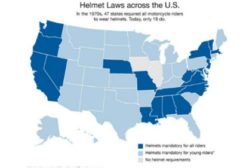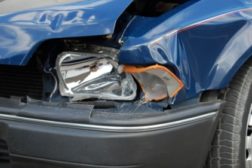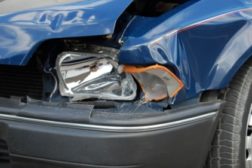Home » nhtsa
Articles Tagged with ''nhtsa''
Analysis shows marked decline in likelihood of crashing, increased likelihood of escaping a crash without injuries
Read More
DOT proposes new rule to prevent truck, bus rollovers
Carriers would have to adapt new ESC technology
May 24, 2012
New technology could help drivers avoid accidents
Collision and sudden stop warnings among features being tested
October 24, 2011
Mixed message?
While assailing driving distractions, automakers pack in tempting gadgets
September 27, 2011
Never miss the latest news and trends driving the safety industry
eNewsletter | Website | eMagazine
JOIN TODAYCopyright ©2024. All Rights Reserved BNP Media.
Design, CMS, Hosting & Web Development :: ePublishing






